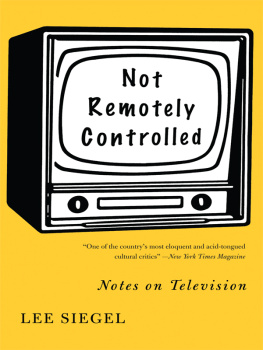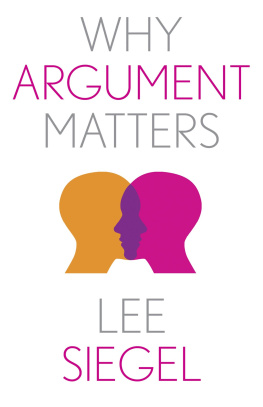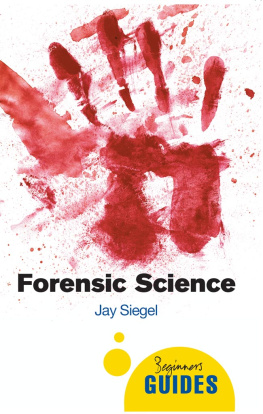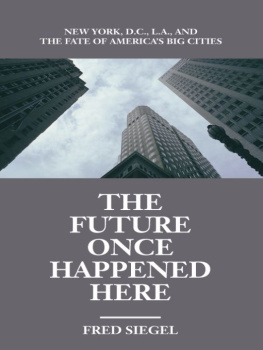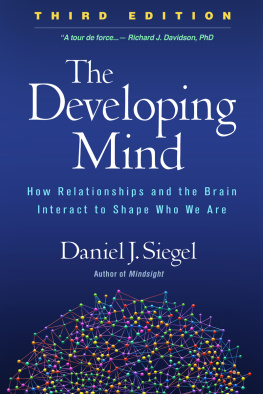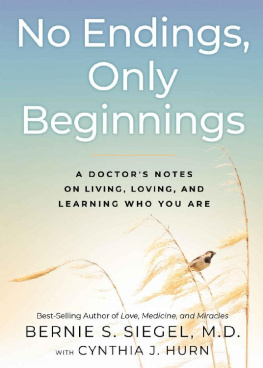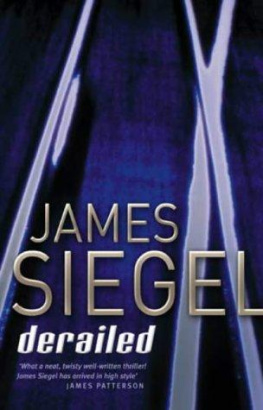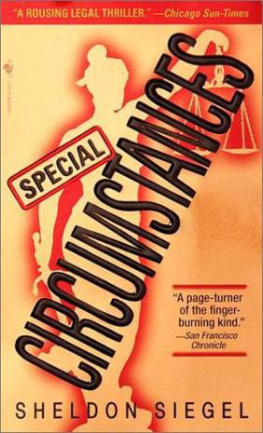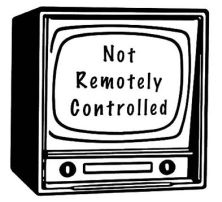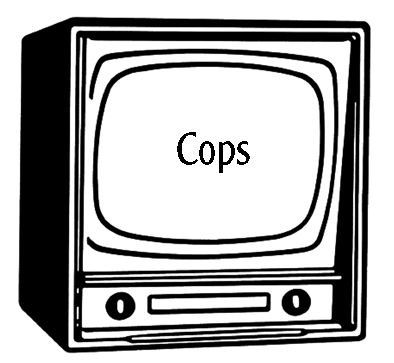The essays in this book, including the introduction, originally appeared, sometimes is substantially different form, in The New Republic and The New Republic Online.
All rights reserved. Printed in the United States of America. No part of this book may be reproduced in any manner whatsoever without written permission except in the case of brief quotations embodied in critical articles and reviews. For information, address Basic Books, 387 Park Avenue South, New York, NY 10016-8810.
Books published by Basic Books are available at special discounts for bulk purchases in the United States by corporations, institutions, and other organizations. For more information, please contact the Special Markets Department at the Perseus Books Group, 2300 Chestnut Street, Philadelphia, PA 19103 or e-mail .
p. cm.
ISBN-13: 978-0-465-07810-3 (hardcover : alk. paper)
ISBN-10: 0-465-07810-9 (hardcover : alk. paper)
1. Television programsUnited States. 2. Television broadcasting
United States. I. Title.
PN1992.3.U5S55 2007
791.45'750973dc22
Introduction
The reviews and essays in this book originally appeared in the New Republic, where I served as the magazines television critic from 2003 to 2006, writing essays for the print magazine and shorter, weekly pieces for the New Republic online. One of the people who thought profoundly about television was the NewRepublics first television critic, Paul Goodman. In an essay on TV that appeared in the magazine in January 1963, Goodman wrote:
This is too beautiful a medium to be thrown away.... It offers opportunities for the frequent spontaneous emerging of plastic and poetic invention, the rapid dissemination of radical ideas, many kinds of training and instruction,... [The networks cannot get in] touch with the real, for they are not set up for that. It is evident that the present top-down decision-makers have no notion of whatever a free medium is. The best is simply to get rid of them, break up the networks by a complete new deal in the franchises, and decentralize control as much as possible....
Goodmans prescience was extraordinary since this complete new deal is nearly exactly what the cable revolution created. What we have on television now is an overlap of eras. The advertising-hungry networks exist like amphibians alongside subscription-hungry cable channels that are beginning to walk upright, on two legs. This peculiar time-warp is one complication facing the television critic.
Another is that whether you are tuned into CBS or HBO, you are still watching the unique entity known as TV. No form or mediumin the realm of either art or diversionhas televisions consequential intimacy, and its alarming immediacy, and its seeming seamlessness with reality. If television is a miracle of pleasure and information it is also an ongoing emergency in consciousness. Being a television critic, therefore, is not like being any other kind of critic.
The marketing people are going to kill me when they read the following, but if youve picked up this book looking for straightforward television reviews, youre going to be disappointed. Television inspires me to talk about a lot of things outside television. That is the nature of the glowing, flickering beast. Television as an object of critical discrimination is very different from the thick expressions of a poem, a novel, a painting, a serious biography. They are so rich with dense layers of meaning and structure that you have a great deal of work to do before you can start talking about the world outside them. But a television show, no matter what form it takes, is deliciously thin. Its nature has been so stretched in different artistic, cultural, social, economic and commercial directions that you can dive right through the small screen into the world outside it. If, that is, the world doesnt come striding through the glass to you first.
In other words, televisions unreality can be very real indeed. You have only to pay it the attention it deserves.
1 Why Cop Shows
Are Eternal
H e is there, David Caruso, week after week, with his red hair and narrow eyes and bitter irony, aided by the other CSI:Crime Scene Investigation officers, picking up the pieces of incredible violence and following them back, like Hansel in the asphalt junglethough he follows computerized simulations of entry wounds, not pieces of breadto the deformative trauma that shattered a life; and there is Jerry Orbach, a nice Jewish actor playing a nice half-Jewish cop, as Lenny in Law & Order, who hates the scumbags with matter-of-fact irony and feels for the helpless unlucky guys driven beyond the law to defend themselves; and there is Vic in The Shield, brutal, good-hearted, and corrupt, way behind CSI in technology, and way beyond Law & Order in psychology. And there are a lot of other guys, and also a few women, running around the tube with a badge and a gun. The proverbial complaint that theres never a cop around when you need one may or may not be true, but theres always a cop show around, whether you want it or not.
Here is a sample of the police dramas currently on television, both new shows and old: CSI,Without a Trace, Law & Order, 24, The Shield, a new Dragnet, The Division, Fastlane, Cops, The Sentinel, Streets of San Francisco, True Crime, Boomtown, The Wire, NYPD Blue, Hawaii Five-O, Columbo, Miami Vice, U.S. Marshals, Hill Street Blues, Forever Knight. At any moment on American television, someone is either committing a crime or getting arrested, shooting or getting shot, chasing or being chased. There is even a show called Animal Cops, whichalasis not about animals empowered by the state to pursue and apprehend bad animals (Up against the wall! Spread your legs! Now spread your other legs!). This particular brainstorm depicts real cops pursuing and apprehending miscreant schnauzers and so forth.
And in the unlikely event that you tire of any of the countless television series about the police, you can flip between cop movies and cop showsbetween Training Day, in which a good cop battles a corrupt cop, and The Shield, in which good cops become bad cops while battling to remain good; or between the wildly successful black-cop and white-cop teams in LethalWeapon and Die Hard with a Vengeance (where Samuel L. Jackson isnt a cop but acts like one) and the current incarnation of Law & Order, whose writers have given Lenny a new black partner. The configurations are the same; only the names have been changed to protect against the hypercritical. On the big screen and the small, cops enthrall us the way gods and demigods captured the imaginations of the ancient Greeks and Romans.

